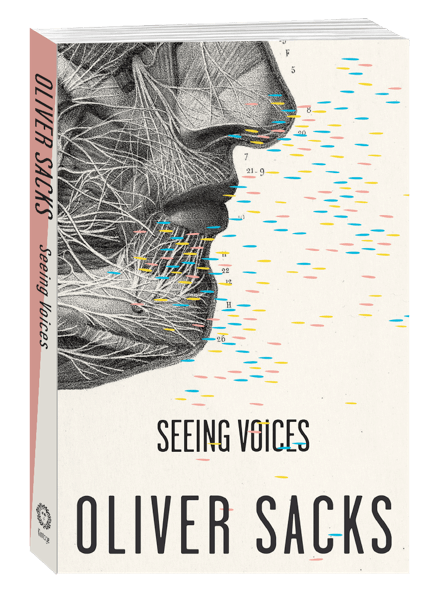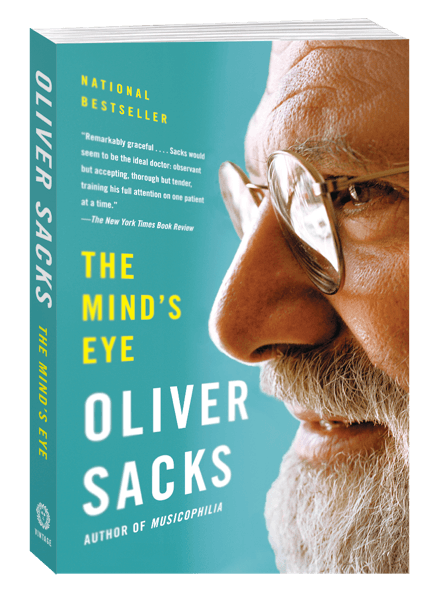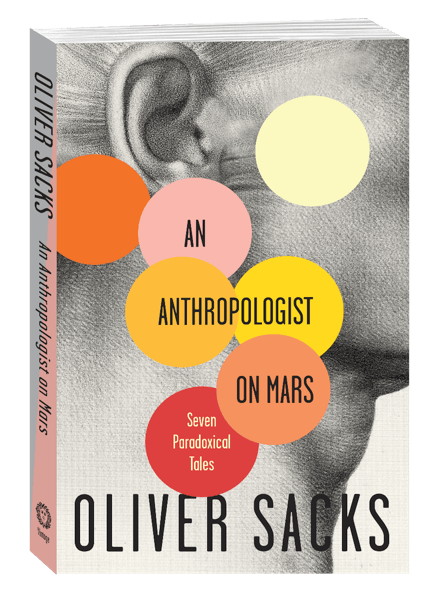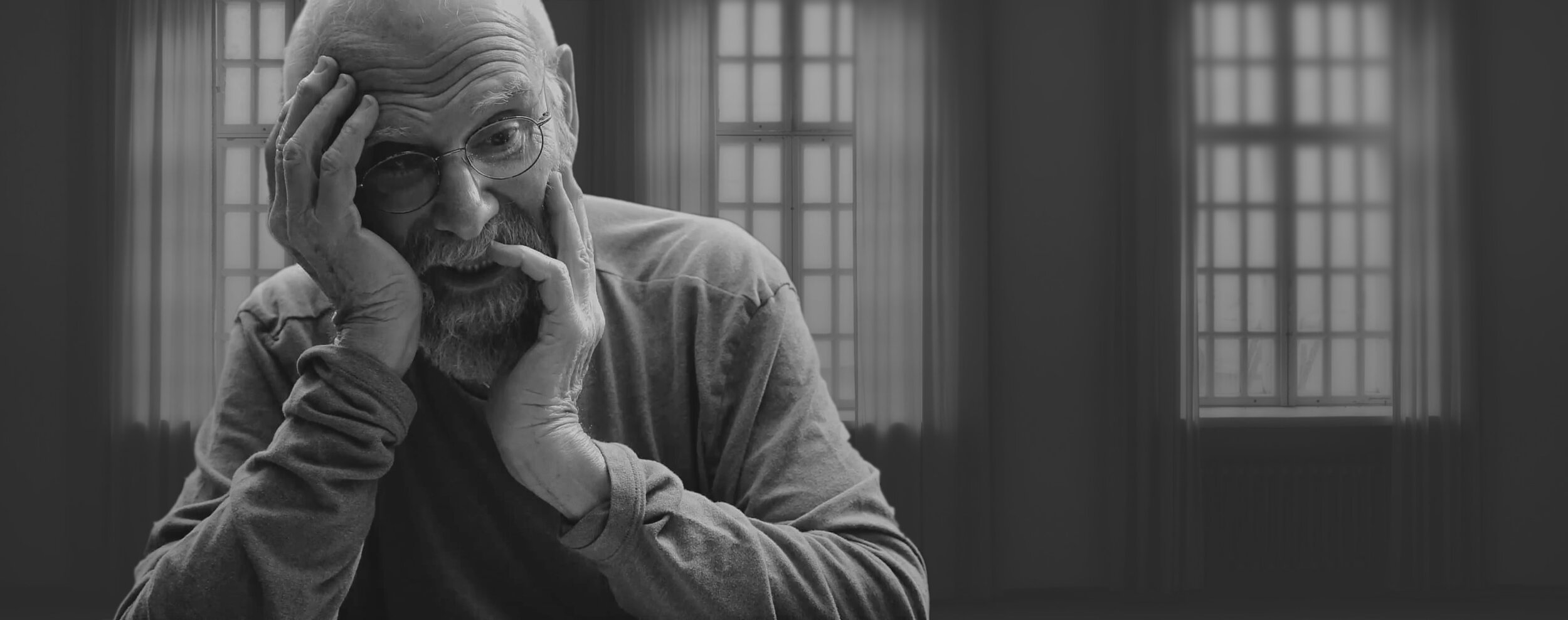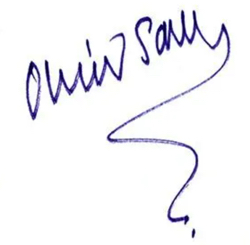“This book will shake your preconceptions about the deaf, about language and about thought. Sacks [is] one of the finest and most thoughtful writers of our time.”
— Los Angeles Times Book Review
Seeing Voices
“I had never thought about what it might mean to be deaf, to be deprived of language, or to have a remarkable language (and community and culture) of one’s own. Up to this point, I had mostly thought and written about the problems of individuals–here I was to encounter an entire community.” —Oliver Sacks
With Seeing Voices, Dr. Sacks launches on a journey into the world of the deaf, which he explores with the same passion and insight that have illuminated other human conditions for his readers everywhere.
Seeing Voices begins with the history of deaf people in the United States, the often outrageous ways in which they have been seen and treated in the past, and their continuing struggle for acceptance in a hearing world. And it examines the amazing and beautiful visual language of the deaf–Sign–which has only in the past decade been recognized fully as a language–linguistically complete, rich, and as expressive as any spoken language.
The existence of this unique alternative mode of language, writes Dr. Sacks, has wide-ranging implications for those in the hearing world as well, for it “shows us that much of what is distinctly human in us–our capacities for language, for thought, for communication, and culture–do not develop automatically in us, are not just biological functions, but are, equally, social and historical in origin; that they are a gift–the most wonderful of gifts–from one generation to another….The existence of a visual language, Sign, and of the striking enhancements of perception and visual intelligence that go with its acquisition, shows us that the brain is rich in potentials we would scarcely have guessed of, shows us the almost unlimited resource of the human organism when it is faced with the new and must adapt.”
Sign is not only a language but the very medium of deaf culture. It stands at the center of the extraordinary social and political movement for deaf rights, which gained international attention with the uprising of deaf students at Gallaudet University in March 1988. In Part III of Seeing Voices, Dr. Sacks gives an eyewitness account of the revolt, and the students who organized it, and considers its impact on a new generation of deaf children.
Seeing Voices is a fascinating voyage into a strange and wonderful land, and along the way Oliver Sacks ponders the nature of talking and teaching, child development, the development and functioning of the nervous system, the formation of communities, worlds, and cultures, and the interface of language, biology, and culture.
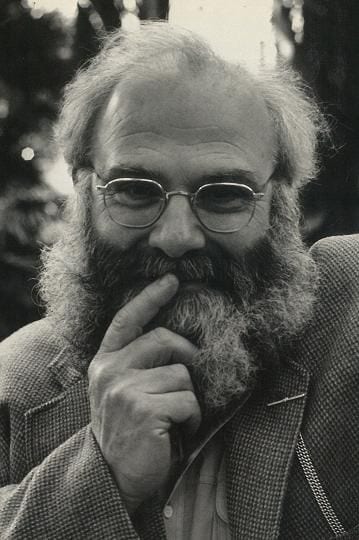
📷 Dr. Sacks, as featured on the back cover of Seeing Voices.
Praise for Seeing Voices
“A remarkable book, penetrating, subtle, persuasive….[It] will likely become a classic.” — Keith W. Spoeneman, St. Louis Post-Dispatch
“One cannot read more than a few pages of Sacks without seeing something in a new way. His breadth of understanding and expression seem limitless….His subject matter is compelling, and his writing is powerful in its understatement.” — Lee Dembart, Kansas City Star
“Sacks is a profoundly wise observer…. Seeing Voices is fascinating and richly rewarding.” — Andrea Barrett, Cleveland Plain Dealer

